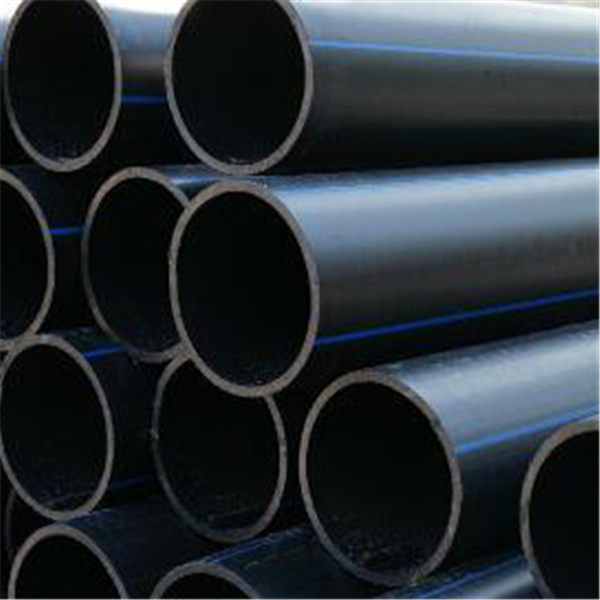Jul . 27, 2024 13:57 Back to list
Exploring the Versatility and Applications of Thin PVC Sheets in Various Industries
Exploring the Versatility of Thin PVC Sheets
Thin PVC sheets have gained popularity across various industries due to their unique combination of durability, flexibility, and affordability. Polyvinyl chloride (PVC) is a synthetic plastic polymer that has found extensive applications in construction, signage, packaging, and many other fields. The thin variant, typically ranging from 0.5mm to 5mm in thickness, provides a plethora of use cases that can cater to diverse needs.
One of the hallmarks of thin PVC sheets is their lightweight nature. This makes them ideal for applications where heavy materials would be impractical or cumbersome. For instance, in the signage industry, thin PVC sheets are frequently used to create eye-catching signs and displays. Their lightweight characteristics allow for easy installation, which is particularly advantageous for retail environments that frequently update their displays.
Exploring the Versatility of Thin PVC Sheets
The versatility of thin PVC sheets extends to the construction industry as well. They can be used as wall coverings, thermal insulation, and even in roofing applications. Their resistance to corrosion and UV light enhances the longevity of structures, making them an appealing choice for both commercial and residential projects. Moreover, the ability to easily cut and shape these sheets allows for customized applications, ensuring that specific project requirements can be met without the need for cumbersome adjustments.
thin pvc sheets

Another significant advantage of thin PVC sheets is their aesthetic appeal. Available in a variety of colors, textures, and finishes, they can complement almost any design concept. This versatility makes them popular in interior design, where they can be used for decorative wall panels, dividers, or even artistic installations. Designers appreciate the ability to easily match thin PVC sheets with other materials, enabling seamless integration into existing settings while enhancing overall visual appeal.
Furthermore, thin PVC sheets are environmentally friendly compared to some other plastic alternatives. Many manufacturers are now focusing on creating recycled PVC materials, thus reducing the environmental impact of material production. This trend is increasingly important as consumers and businesses shift towards more sustainable practices.
In terms of maintenance, thin PVC sheets are relatively easy to clean and maintain. Because they are non-porous, they resist staining and do not harbor bacteria, making them ideal for environments that require high hygiene standards, such as hospitals and laboratories. A simple wipe with a suitable cleaning solution can keep them looking new and prolong their lifespan significantly.
In conclusion, thin PVC sheets represent a unique blend of functionality, versatility, and aesthetic appeal. Their applications across various industries underscore their importance as a material of choice in modern manufacturing and design. As technology advances and the demand for sustainable and innovative materials continues to grow, thin PVC sheets will likely play an even more significant role in shaping the future of numerous applications. Whether in construction, packaging, signage, or interior design, the benefits of thin PVC sheets are undeniable, offering an efficient and effective solution to meet various needs.
-
HDPE Natural Sheet: Durable, Food-Grade & Versatile Plastic Solutions
NewsAug.27,2025
-
Durable Glossy PVC Rigid Sheet | Premium High-Shine Panels
NewsAug.26,2025
-
Durable PP Rigid Sheet: Lightweight, Chemical Resistant Solutions
NewsAug.21,2025
-
PVC Grey Sheet for Extraction: Chemical Resistant & Durable
NewsAug.19,2025
-
Durable PVC Pipe Fittings for Plumbing & Irrigation Needs
NewsAug.18,2025
-
HDPE Steel Belt Reinforced Spiral Corrugated Pipe | High Strength
NewsAug.17,2025

